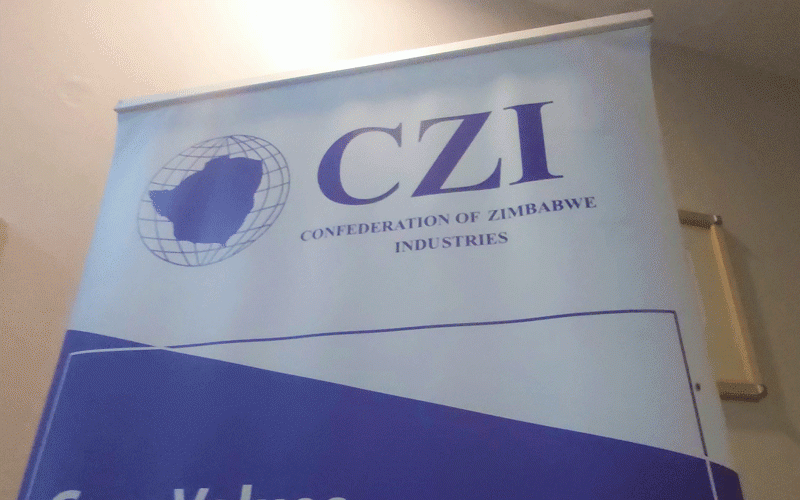
THE Confederation of Zimbabwe Industries (CZI) Matabeleland Chapter has revealed that regulatory costs now represent 20% of overheads, dampening the business outlook for the year.
A report last month by Imara Asset Management highlighted how the tax system disproportionately affects formal businesses, particularly large corporations.
Businesses in recent weeks have been complaining about these costs and exchange rate disparities as major reasons why they were either entering corporate rescue or shutting down.
The 2024 third quarter Business Tendency Survey Services Sector report by the Zimbabwe National Statistics Agency revealed that the proportion of respondents who considered the general business climate as satisfactory was below 50%.
CZI Matabeleland Chapter president Stephen Ncube told NewsDay Business that they anticipated the government to implement measures to reduce the burden.
This comes as the Reserve Bank of Zimbabwe (RBZ) governor, John Mushayavanhu, blamed the difficulties faced by businesses on poor management and not the exchange rate disparities, despite companies reporting to the contrary.
“The private sector is facing substantial regulatory cost pressures, representing approximately 20% of total overheads. We anticipate that the government will implement measures to reduce this burden and foster a more favourable business environment,” Ncube said.
“The private sector applauds the government for the ongoing anti-smuggling blitz; the lack of effective border control allows for smuggling of goods, undermining formal business.”
- Rampaging inflation hits Old Mutual . . . giant slips to $9 billion loss after tax
- Monetary measures spur exchange rate stability: RBZ
- Zim deploys IMF windfall to horticulture
- Banker demands $21m from land developer
Keep Reading
He highlighted that the focus on rebuilding trust in the local currency, stabilising the forex market and aligning fiscal and monetary policies was essential for sustainable growth.
“The RBZ has committed to a tight monetary policy stance, with the high bank policy rate and strict statutory reserve ratios. While this aims to stabilise the economy, its consequences, such as corporate stress and weak demand, are evident,” Ncube said.
“Businesses may have to rethink aggressive expansion plans, cut costs and become more efficient in an environment of weak demand.”
According to Ncube, efforts to stabilise the local currency, ZiG, through various mechanisms are welcome, but the challenge remains stability.
For example, while hawkish monetary and fiscal policies have limited the money supply, thus “stabilising” the volatile ZiG, they have caused a massive liquidity crunch, preventing companies from getting already scarce capital.
Another challenge is that ZiG is the functional and reporting currency, yet the economy is dollarised.
“The CZI considers the reduction in foreign currency retention for exporters as a move towards de-dollarisation, but it comes with risks, particularly for exporters,” Ncube said.
“Their ability to mitigate exchange rate risks through the US Dollar Deposit Facility is not only a helpful solution, but it also reflects the ongoing challenges in currency management.”
Ncube said the discussion around increasing financial inclusion was important, adding that the informal sector played a significant role in the economy.
“Enhancing the competitiveness of local firms is crucial to addressing informality, as it enables them to operate on a level playing field. A market-determined exchange rate will be instrumental in achieving this objective,” he said.
Industrialist and United Refineries chief executive officer Busisa Moyo said government had put a lid on inflation on ZiG, which was positive.
“Low inflation, however, means tight liquidity, low aggregate demand and costs become an issue. The ease and cost of doing business need to be looked at urgently to prevent corporate distress,” he said.










